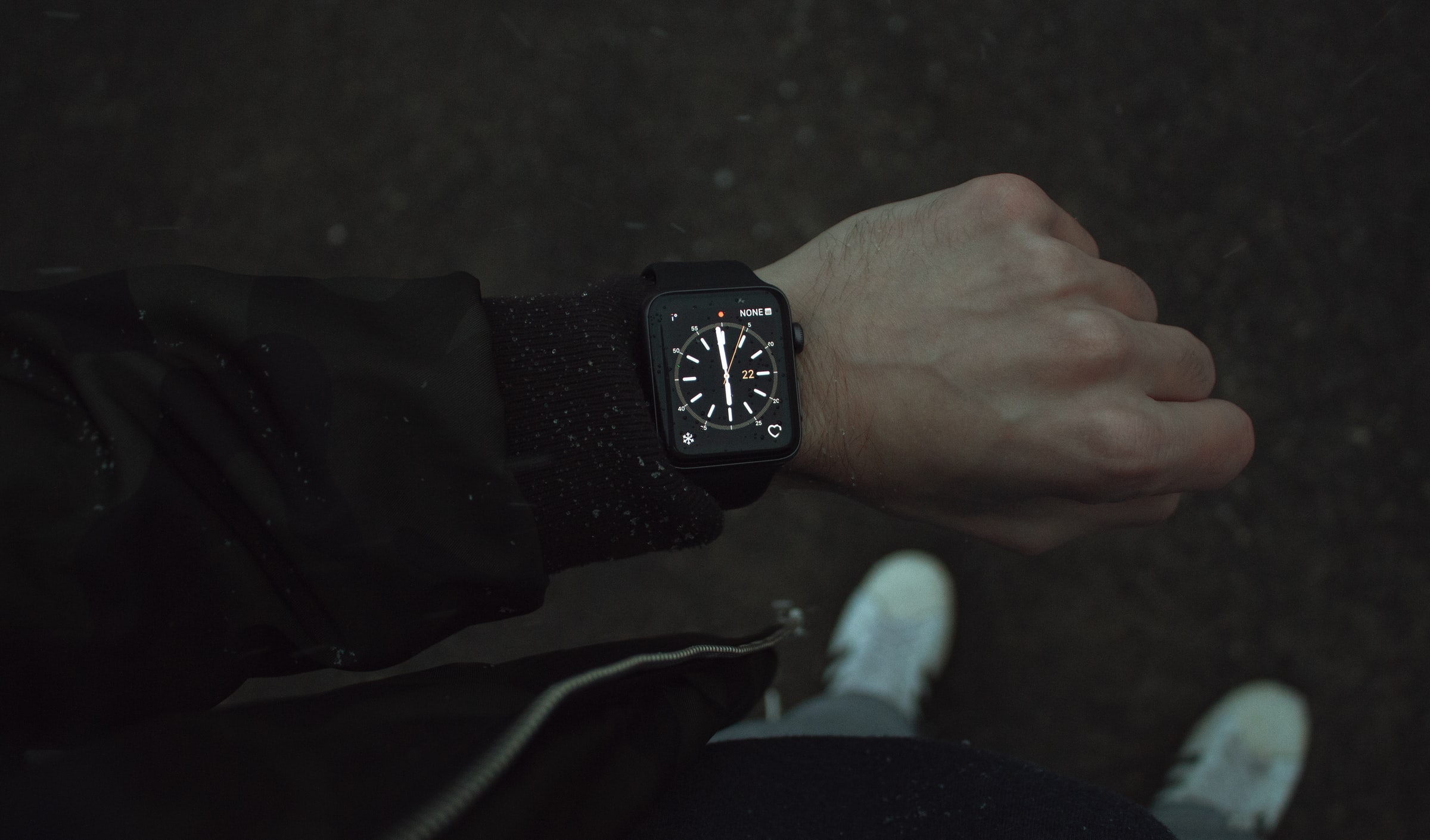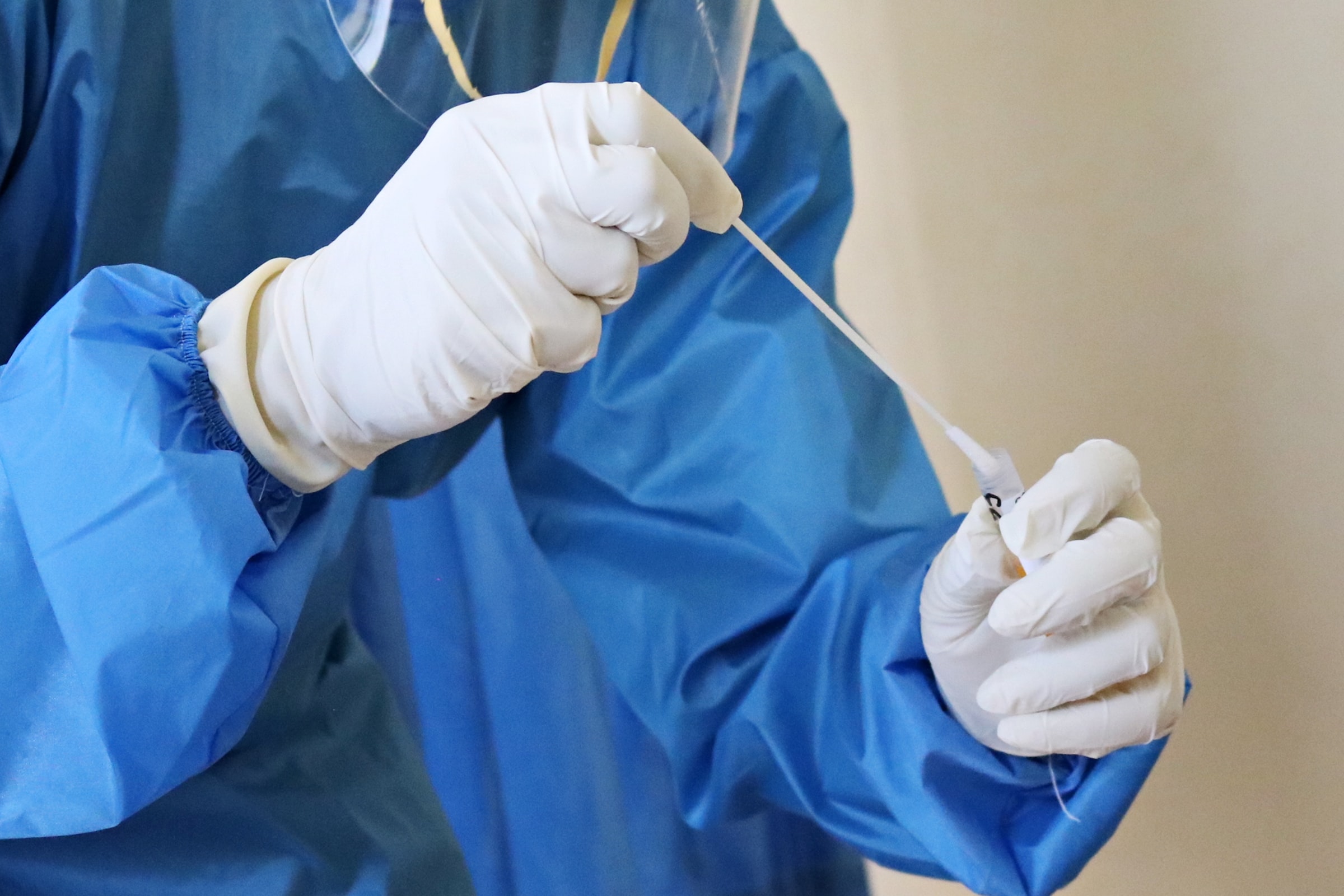

Can digital devices help detect flu, COVID-19 infection?
Eligible participants will receive an invitation and will be able to join through the Apple Research app. This study will also utilize reminders such as handwashing through Apple Watch and will seek to learn how behavioral interventions like these could prevent one’s likelihood of developing viral infections.
This will be a first-of-its-kind study that will allow scientists to draw a relationship between associated symptoms, signals from Apple Watch and iPhone, and test results for influenza and COVID-19 which act as ground truth.
“The hope is that physiological signals from the Apple Watch will make it possible to identify people who are falling ill, and get them tested quickly so they can self-isolate and break the chain of transmission of the virus in the community,” said Dr. Jay Shendure, professor of genome sciences, UW School of Medicine, and director of the Brotman Baty Institute for Precision Medicine.
The study will follow participants through the 2020-2021 flu season. Participants will be provided with an Apple Watch, which can track such factors as heart rate, blood oxygen, physical activity, and sleep patterns, as well as home-testing kits that can be used to test for a number of respiratory conditions, including

flu and SARS-CoV-2, the virus that causes COVID-19. Shendure's co-principal investigators from the UW School of Medicine include Drs. Helen Y. Chu and Jacob Sunshine.
The study will be conducted by teams including researchers from UW School of Medicine, the Brotman Baty Institute, a UW Medicine affiliate that specializes in genomics and personalized medicine, the Seattle Flu Study, and Apple. The Seattle Flu Study is an infectious disease surveillance program started by the Brotman Baty Institute and researchers at UW Medicine, the Fred Hutchinson Cancer Research Center, and Seattle Children’s, to track the spread of bacterial and viral respiratory infections in the Seattle area. The program reported the first known case of community transmission of SARS-CoV-2 in the United States.
"Traditional approaches to respiratory viral surveillance may not identify novel pathogens in time to implement crucial public health interventions; this represents a novel strategy for early detection of cases.” said Chu, UW associate professor of medicine, Division of Allergy and Infectious Diseases, and a member of the Seattle Flu Study team.
Sunshine, UW assistant professor of anesthesiology and pain medicine, added: "This is a unique opportunity to use a device that millions of people already own to investigate the possibility of identifying and predicting respiratory infections such as flu and COVID-19. This is best done if you know definitively if someone has a virus, which testing will enable.”
"At Apple, our goal is always to empower our users to better manage their health. We’re humbled Apple Watch and iPhone are being used to spearhead this important clinical study,” said Dr. Sumbul Desai, Apple's vice president of health. “We are thrilled to collaborate with the University of Washington School of Medicine researchers, who have been at the forefront of respiratory infection investigations.”
The study organizers hope to recruit participants from a broad range of groups in the community to participate, especially those who are at high risk of infection, such as frontline workers and those who live in group settings.
“We will work closely with our community partners to recruit from Latinx, Black and Native American communities, who are often under-represented in research but are disproportionately affected by this pandemic.” said Chu.
The Apple Research app gives participants a simple way to contribute to potentially groundbreaking medical discoveries through use of their iPhone or Apple Watch, all while preserving their privacy.
The study will launch later this year with a dedicated website.
Source: UW Medicine Newsroom